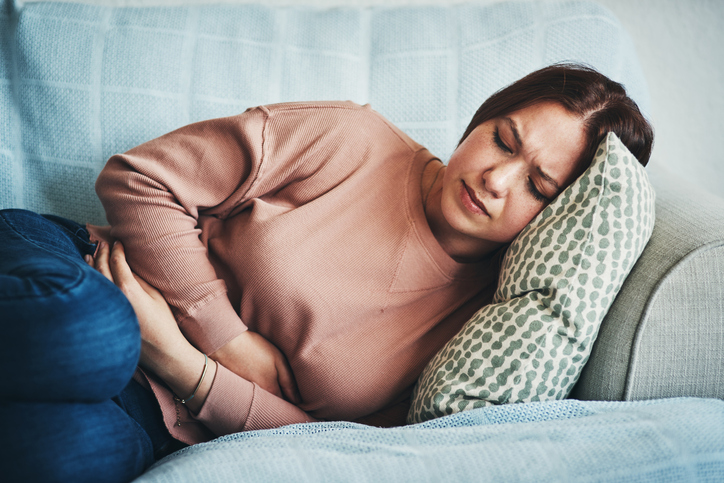Unfortunately, too few women are aware of the different types of gynaecological cancers. A survey by The Eve Appeal, the UK’s leading gynaecological cancer research charity, found that one in three people can’t name a single gynaecological cancer and only two percent can name all five.
“The five main gynaecological cancers are ovarian, vaginal, cervical, cancer of the womb and cancer of the vulva,” says Valentina Milanova, founder of Daye, a gynae health company that is committed to raising the standards in gynae health.
Symptoms of Gynaecological Cancer
To reduce the risk of developing gynaecological cancer, it’s incredibly important that understand and inspect your own body and know the warning signs, so you can speak to a doctor ASAP if you identify any:
- Feeling full and heavy really soon after eating
- Feeling extremely bloated in the lower abdomen
- Experiencing spotting between periods and post-menopause
- Bleeding after sex
- Painful intercourse
- Pain and pressure during urination
- Itching, burning, pain, swelling or tenderness of the vulva
- Back and pelvic pain or pressure
- Unusual, heavy vaginal discharge
- The urgent need to urinate or urinating more often than usual
“Since some of these warning signs can be symptoms of other issues that are not life-threatening – for example, the urgent need to urinate or urinating more often than usual could also be a sign of a bladder infection and bloating could be a sign of adenomyosis or endometriosis – some women do not take them as seriously as they should,” comments Valentina.
“As a result, many women, trans and assigned female at birth (AFAB) individuals frequently miss out on the early signs of gynaecological cancers,” she continues. “This is why patients typically present late with gynaecological cancer, making the treatment harder and less likely to be successful. Only 20 percent of people with ovarian cancer present themselves when they’re at stage I or II.”
“It’s extremely important to stay on top of these warning signs,” states Valentina. “If you experience any of these symptoms, keep a diary and speak with your GP.
“Make sure to be persistent and advocate for yourself in the GP surgery. Doctors are frequently overworked and need to prioritise emergencies, so make sure you come to appointments prepared with notes and a log of your symptoms. Always bring a friend, partner or family member if you feel worried about speaking up for yourself and being your own advocate in front of a doctor.”
There’s no need to be frightened or embarrassed to ask for help if you do notice any of the warning signs, Valentina reassures. It’s extremely important to have any questions or doubts clarified and any symptoms investigated by your GP.




















